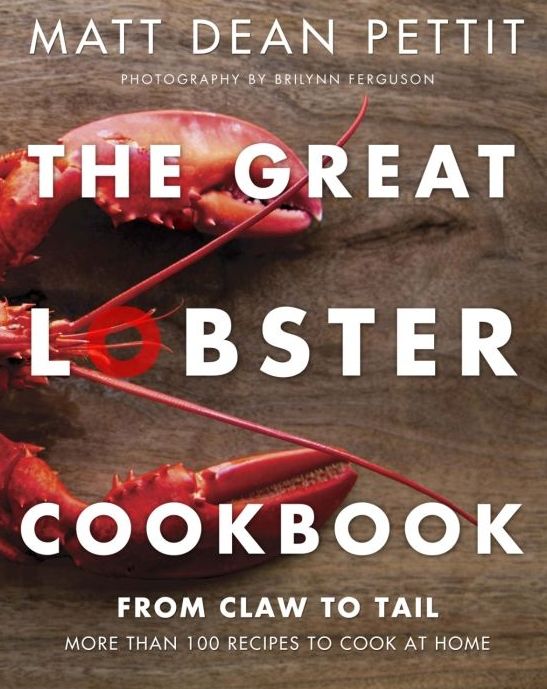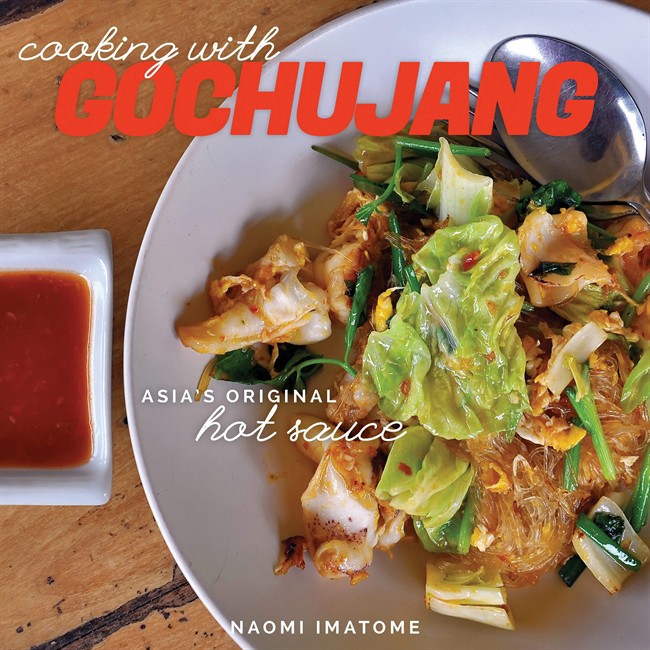A few years ago, Ken Hagemann was drawn to what he thought was the future of cookbooks. Lured by the ease and searchability promised by e-books and apps, he purged most of his old school volumes.

But instead of a digital culinary epiphany, he found only disappointment.
“You can’t get the spirit and the intent of the author,” says the 46-year-old systems analyst and avid cook from Arlington, Virginia. “You can get 100 recipes that cover the Italian regions, but that doesn’t make it an Italian cookbook. It’s the person writing it who gives it the thread all the way through.”
He’s hardly alone. While books across categories have surged into digital, cookbooks generally have lagged well behind.

While as many as 50 per cent of fiction and non-fiction readers say they prefer e-books, according to research by the Book Industry Study Group roughly 60 per cent of cookbook readers cling to print, despite its obvious drawbacks. Print cookbooks are big. They’re expensive. They can’t be searched, except by using that Rosetta stone called an “index” at the back of the book.
And in times when an extra bundle of parsley or a farmers market tryst with pawpaws sends us to the computer in search of a recipe, the devotion to paper seems counterintuitive. Publishing industry executives and observers say the tactile and emotional experience of cookbooks, coupled with the generally superior delivery of print over digital, have conspired to keep “p-books” on top of the country’s bookshelves.

Get breaking National news
“While other books are being bought digitally and for less money to the publisher, cookbooks are still selling at their hard cover rate,” says Mark Rotella, a senior editor at Publishers Weekly. “They’re still selling strong. There’s such a huge interest in food and restaurants and food writing. People are just buying more of them.”
Physical books offer a tactile and sensual experience, says cookbook editor Rux Martin, who runs her own imprint at Houghton Mifflin Harcourt. In fact, Martin says, the print-digital divide has “amped up the artistic quotient” for cookbooks, inspiring publishers to add more colour, design and other flourishes that make the print editions even more lush.
“This is now practically the only frontier where books are still books,” she says. “Who would choose functionality over beauty? Digital is strictly functional.”

And part of the issue is that digital cookbooks are not yet functional enough. Very often, they are little more than PDF versions of the print book they represent. While many digital cookbooks allow users to create shopping lists for recipes and to look up dishes on the fly at the supermarket or farm stand, they rarely if ever allow cooks to make notes in the margin and to do other things a cook might do in print.
E-books also do not have the gift-giving cache possessed by big, photo-filled cookbooks. And they’re presented on devices – tablets, phones, computers – that don’t always adapt particularly well to the splash and splatter of the kitchen environment.
“It’s difficult to reproduce the reading experience of a cookbook on an iPad,” says Scott Shannon, senior vice-president and publisher of digital content for Random House Group. “We spend a ton of time making sure it’s the best experience on every device that it can be. But the e-book production process is where the Web was a decade ago. It’s definitely improving. Our accounts are spending a tremendous amount of time on it. But we’re not there yet.”
The current limitations of digital haven’t stopped some forward thinking publishers. Alta Editions, a New York-based independent publisher, produces digital cookbooks exclusively. The company expects to release its fourth book in January. Alta publisher and chief executive officer Chris McBride – who has a large collection of print cookbooks – says Alta is trying to combine the esthetics of print books with the ease of digital.
“One of the things we are excited about is the story telling and the narrative associated with cookbooks,” says McBride, adding that Alta is working to allow users to take notes in the margins of their e-books. “We pay more attention to the esthetics, to making them more beautiful. We’ve invested heavily in photography and have produced some video.”
But the larger plan, McBride says, is to create a library of digital cookbooks, one that can be searched as easily as we currently search free recipe databases. McBride says that in early 2015, Alta expects to launch an online library of roughly 100 cookbook titles, a number that will grow into the thousands. He envisions a subscription-based service offering unlimited access.
“The whole notion of Alta Editions is if you made a whole library available to people and made it as convenient as Google or web search, people would use that,” he says. “It would be a sad world to me and to a lot of people if cookbooks went away and all that was left were 12,000 chicken recipes on a database. The stories of the food and the people and the culture are critical for people to appreciate the food they eat.”


Comments